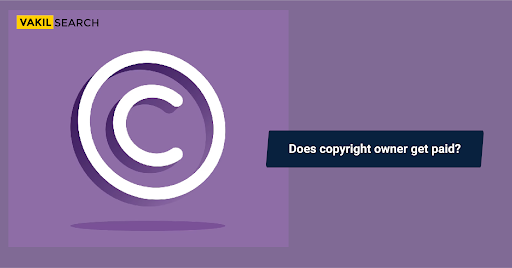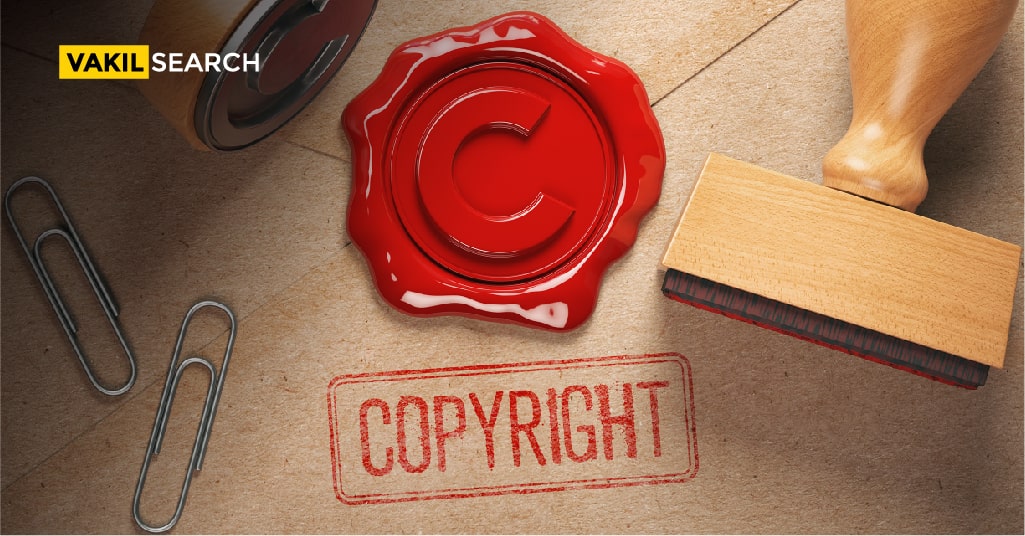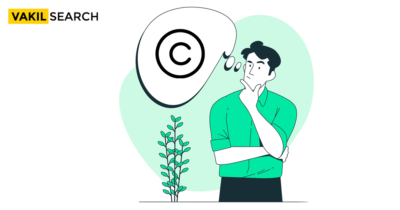Discover how copyright owners are compensated, ranging from music royalties to book sales, and the vital role of copyright protection.
Introduction
Copyright law is a complex and ever-evolving area of law, and it can be difficult to keep up with the latest changes. One of the most common questions that people ask is whether or not copyright owners get paid. The answer is yes, but it depends on a number of factors.
In this blog, we will take a closer look at how copyright owners get paid and what they can do to protect their rights. We will also discuss some of the common exceptions to copyright law, such as fair use.
Understanding Copyright and Its Importance
Copyright is a type of intellectual property that protects original works of authorship. It gives authors the exclusive right to reproduce, distribute, perform, display, and create derivative works based on their work.
Copyright is important because it:
- Protects the creativity of authors and artists.
- Promotes the dissemination of knowledge and culture.
- Supports the creative industries.
Copyright law is complex and there are a number of exceptions to copyright protection, such as fair use.
Royalties in the Music Industry
The music industry is one of the most prominent examples of how copyright owners get paid through royalties. Musicians, songwriters, and composers earn royalties when their music is played or used in various ways:
- Performance Royalties: Musicians receive performance royalties when their songs are played on the radio, in live concerts, or on streaming platforms. Performance rights organisations (PROs) like ASCAP, BMI, and SESAC collect these royalties and distribute them to the copyright owners.
- Mechanical Royalties: When songs are reproduced or recorded, such as when an artist records a cover version of a song, mechanical royalties are paid to the copyright owner. These royalties are typically distributed by music publishers.
- Synchronisation (Sync) Licensing: In the film and television industry, music is often licensed for use in soundtracks. Copyright owners negotiate sync licensing agreements, granting permission for their music to be used in these productions in exchange for licensing fees.
- Digital Sales and Streaming: Musicians and copyright owners receive compensation from digital sales (e.g., iTunes) and streaming services (e.g., Spotify, Apple Music) based on the number of plays their songs receive.
- Printed Sheet Music: Composers and songwriters can also earn royalties from the sale of printed sheet music.
Royalties in the Literature Industry
Authors and writers monetise their copyrighted works primarily through book sales and licensing agreements:
- Book Sales: Authors receive royalties from book sales, typically a percentage of the book’s retail price. The exact percentage may vary depending on the publishing agreement.
- Translations and Adaptations: When books are translated into other languages or adapted into other forms, such as movies or television series, copyright owners receive licensing fees for these rights.
- Public Readings and Performances: In some cases, authors may receive compensation for public readings or performances of their works.
Importance of Copyright Protection
The importance of copyright protection cannot be overstated, as it directly impacts the ability of creators to earn a living from their work.
Here are some key reasons why copyright protection is crucial:
- Incentive to Create: Copyright protection incentivises creators to invest time, effort, and resources into producing new works. Knowing they can monetise their creations, creators are motivated to continue innovating.
- Fair Compensation: Copyright ensures that creators are fairly compensated for their contributions. It allows them to negotiate licensing fees and royalties, ensuring they receive a share of the revenue generated by their work.
- Encourages Investment: Copyright protection attracts investment in creative industries. Investors are more likely to support projects when they know their investments will be protected and yield returns.
- Promotes Creativity: Copyright protection fosters a culture of creativity and innovation by safeguarding the rights of creators. This, in turn, leads to the development of new ideas and advancements across various fields.
Challenges and Concerns
While copyright protection is essential, it also raises some challenges and concerns. One common concern is the balance between protecting creators’ rights and ensuring public access to knowledge and culture. Striking this balance is critical to avoid overly restrictive copyright laws that may stifle creativity or hinder the dissemination of knowledge.
Additionally, the digital age has introduced new challenges to copyright protection. The ease of copying and distributing digital content has led to issues such as online piracy, making it difficult for copyright owners to control the use of their works. Consequently, copyright owners and lawmakers have had to adapt to these evolving challenges by implementing digital rights management (DRM) technologies and advocating for stronger copyright enforcement measures.
Digital Rights Management (DRM)
DRM technologies are employed to protect digital content from unauthorised copying and distribution. These technologies use encryption and access control mechanisms to restrict how digital content can be used. For example, DRM may limit the number of devices on which an ebook can be read or the number of times a music file can be copied.
While DRM is intended to protect copyright owners, it has also been a subject of controversy. Critics argue that DRM can be overly restrictive and limit the rights of consumers who have legally acquired digital content. It can also impede the ability to make fair use of copyrighted materials for purposes like education, commentary, or criticism.
Balancing Copyright and Fair Use
Fair use is a legal doctrine that allows the limited use of copyrighted material without permission from or payment to the copyright owner. This doctrine is crucial for purposes such as education, news reporting, criticism, and commentary. However, determining what constitutes fair use can be subjective and has led to legal disputes.
Courts typically consider factors such as the purpose of use, the nature of the copyrighted work, the amount used, and the effect on the market value of the work when determining whether a particular use qualifies as fair use. Striking the right balance between protecting copyright and allowing for fair use is an ongoing challenge in copyright law.
International Copyright Protection
Copyright protection extends beyond national borders, thanks to international agreements and treaties. The Berne Convention for the Protection of Literary and Artistic Works, established in 1886, is one of the most prominent international copyright treaties. It provides a framework for recognising the copyright of works across member countries, ensuring that creators are protected globally.
Additionally, the World Intellectual Property Organisation (WIPO) plays a central role in developing international copyright standards and providing a platform for countries to cooperate on copyright-related issues.
Conclusion
Does the Copyright Owners Get Paid? – In conclusion, copyright owners are compensated for their creative works through avenues like royalties and licensing fees, crucial for promoting innovation across various sectors. Nonetheless, in our evolving digital landscape, challenges such as online piracy and the delicate balance between copyright protection and fair use demand continuous adaptation in copyright law and enforcement.
Copyright plays a pivotal role in safeguarding creative and intellectual property, ensuring creators receive just recognition for their contributions while facilitating ongoing innovation. As technology and society evolve, copyright laws will inevitably adapt to meet the needs of creators, consumers, and the public at large. Vakilsearch, with its expertise in consumer protection laws, plays a vital role in advocating for creators’ rights and addressing copyright-related concerns in this dynamic landscape.










